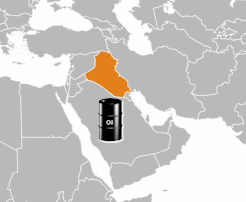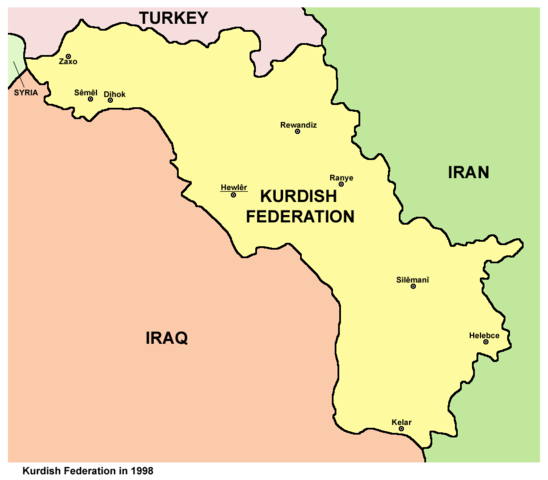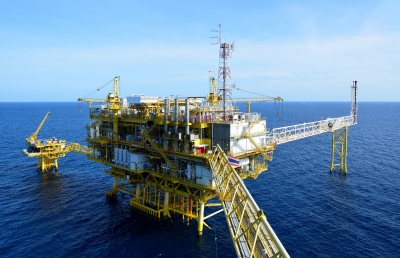India’s relentless search for hydrocarbons to fuel its booming economy has managed the rather neat diplomatic trick of annoying Washington, delighting Tehran and intriguing Baghdad, all the while leaving the Indian Treasury fretting about how to pay for its oil imports, given tightening sanctions on fiscal dealings with Iran.
On 7 June the US State Department reluctantly announced that it was renewing India’s six-month waivers for implementing sanctions against Iran, along with seven other countries eligible for waivers from the sanctions owing to good faith efforts to substantially reduce their Iranian oil imports. In New Delhi’s case, it is the U.S. and EU-led sanctions rather than any willingness on India’s part that has seen a fall in its Iranian oil imports. India is the second-largest buyer of Iranian oil, a nation with whom it has traditionally had close ties. U.S. Secretary of State John Kerry said that India, China, Malaysia, South Korea, Singapore, South Africa, Sri Lanka, Turkey, and Taiwan had all qualified for an exception to sanctions under America’s Iran Sanctions Act, based on additional significant reductions in the volume of their crude oil purchases from Iran.




